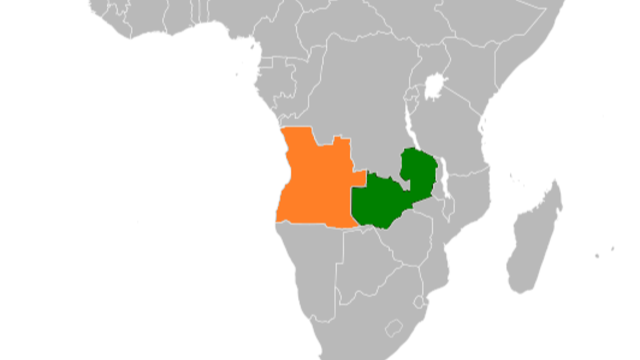By Robert Stales
In the wake of decades defined by oil wealth and its volatile cycles, Angola is attempting one of the most ambitious economic recalibrations on the African continent. The nation—once tethered almost entirely to petroleum exports—is now engaged in a sweeping effort to restructure its economy, diversify industries, and strengthen the foundations for long-term stability.
The urgency for reform stems from a familiar vulnerability: oil accounts for more than 90 percent of Angola’s export revenues. Each dip in global crude prices has left the economy exposed, curbing growth in non-oil sectors and magnifying structural weaknesses. That dependency, while lucrative in boom years, has proven unsustainable in the face of market turbulence.
A Program of Structural Change
A centerpiece of Angola’s reform agenda is the privatization of state-owned enterprises. Dozens of companies in sectors ranging from telecommunications to agriculture are being sold or restructured in a bid to increase efficiency, attract foreign capital, and reduce public debt burdens. The government views the process not only as a fiscal necessity, but as a catalyst for competition and innovation.
Business climate improvements have also been high on the policy agenda. Procedures for registering new companies have been streamlined; bureaucratic barriers reduced; investor protections reinforced. Property rights are being strengthened, and contract enforcement is receiving renewed attention from the judiciary—a signal to foreign investors that the country is committed to a more predictable business environment.
In the financial sector, regulatory reforms are reshaping the banking landscape. The Central Bank of Angola has moved to stabilize the national currency, the kwanza, curb inflation, and tighten oversight—measures designed to restore both domestic and international confidence.
Agriculture, long overshadowed by oil, is receiving new investment. Government-backed initiatives aim to modernize farming techniques, improve supply chains, and boost productivity. The sector’s expansion is viewed as central to food security, rural employment, and export diversification.
Infrastructure, too, is a pillar of the transition. Projects to modernize transport corridors, expand energy grids, and enhance digital connectivity are intended to integrate markets across Angola’s vast geography and spur growth in emerging industries.
Persistent Challenges
The momentum, while real, faces headwinds. Corruption remains a chronic impediment. Anti-graft campaigns have gained visibility, but dismantling entrenched networks will require sustained political will. Economic inequality also looms large, with significant disparities between urban and rural populations. Bridging this divide is critical to ensuring that reform translates into broad-based prosperity.
External conditions add further complexity. Global economic slowdowns, fluctuating commodity prices, and shifts in investor sentiment can still destabilize progress, underscoring the importance of accelerating diversification.
Prospects on the Horizon
Several sectors hold particular promise for Angola’s future:
- Renewable Energy: Vast solar, wind, and hydro resources offer opportunities to diversify the power grid and reduce reliance on fossil fuels.
- Tourism: Coastal cities, rich wildlife, and a layered cultural history position Angola as an underexplored destination with significant economic potential.
- Technology and Innovation: Emerging startup ecosystems and government-led initiatives in tech infrastructure could lay the groundwork for a knowledge-driven economy.
The Long Game
Angola’s economic transformation is not a sprint but a sustained campaign. Each reform—whether in privatization, agriculture, or governance—represents a step toward reducing vulnerability and building resilience. Success will depend not only on government policy but on the ability of institutions, markets, and communities to adapt and thrive.
The nation’s trajectory remains uncertain, but the outlines of a new economic model are taking shape: one less dependent on oil, more attuned to global trends, and better equipped to weather economic storms. If momentum holds, Angola could emerge not just as a regional energy power, but as a diversified and sustainable economy in its own right.
Sources:
- International Monetary Fund. Angola: Staff Report for the 2023 Article IV Consultation. Washington, D.C., 2023.
- World Bank. Angola Economic Update: Growth Amid Uncertainty. Washington, D.C., 2023.
- African Development Bank. Angola Economic Outlook 2024. Abidjan, 2024.

